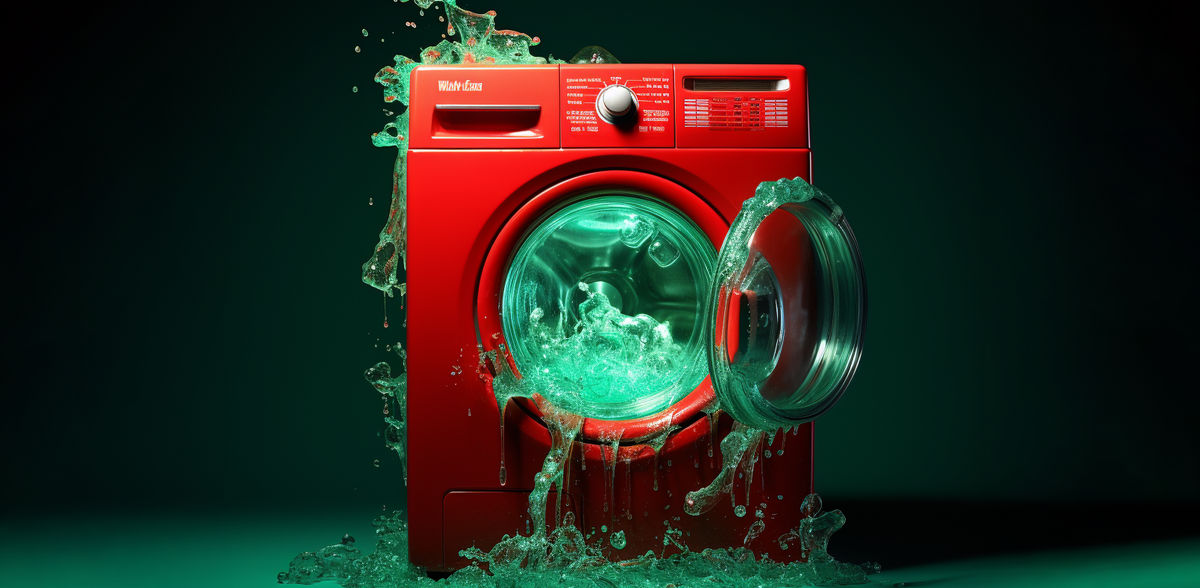Greenwashing complaints
Affected companies include Coca-Cola Switzerland and Hipp
Advertisement
Consumer Protection files complaints against Coca Cola Switzerland, Hipp, Swisscom and five other companies. The total of eleven complaints are directed against the climate advertising claims of these companies. Whitewashing and baseless claims regarding climate friendliness mislead consumers. For Consumer Protection, one thing is clear: the federal government must issue clear rules for climate advertising claims.
More and more products and services are being advertised with "green" claims. For example, cell phone subscriptions are supposed to be "climate neutral," heating oil "CO2 neutral," or children's porridge even "climate positive." The inflationary spread of statements about the climate effectiveness of products and services gives rise to skepticism: In fact, an analysis by Consumer Protection of several examples shows that many advertising claims are exaggerated or even baseless. They are neither explained in more detail nor proven. For Sara Stalder, Executive Director of Consumer Protection, it is clear: "Consumers are being misled by this."
Eleven complaints filed
For this reason, Consumer Protection has filed eleven complaints against advertising claims made by eight companies:
- eight complaints based on the Unfair Competition Act (UCA) to SECO,
- three complaints to the Swiss Commission for Fairness (SLK) on the basis of unfair advertising.
In all cases, Consumer Protection calls for decisive action by the respective bodies.
Companies affected:
- Agent Selly
- Avis
- Coca-Cola Switzerland
- Eliteflights
- Hipp
- Kübler
- Swisscom
- Zurich Zoo
Detailed information on the complaints: Media dossier
Controversial offsets
Climate promises can often only be achieved through CO2 compensation, i.e. through projects elsewhere that prevent CO2 emissions. The company itself does nothing, but pays so that others compensate vicariously. In other words, climate protection becomes the responsibility of others. Compensation is preferably made abroad, for example in the form of projects that protect forests from deforestation or provide new types of cook stoves. The effect of these projects is hardly comprehensible for consumers. In addition, forest projects are subject to massive criticism: various scientific studies conclude that forest projects do little to change the CO2 concentration in the atmosphere.
Europe is moving forward. What is Switzerland doing?
The Federal Council, however, shows little interest in pushing ahead with a regulation regarding "green claims", as the answers to two motions in parliament show. In contrast to Switzerland, some neighboring countries have already adopted guidelines to prevent greenwashing. In the future, the European Parliament would like to ban the use of slogans such as "CO2-neutral" or "carbon-neutral", as these are often misunderstood by consumers and are therefore misleading. Switzerland must set an example and put a stop to the flood of meaningless but deceptive claims. For Sara Stalder it is clear: "There is no reason why Swiss consumers should be less well protected from misleading environmental claims than European consumers. Legislators must finally act."
Note: This article has been translated using a computer system without human intervention. LUMITOS offers these automatic translations to present a wider range of current news. Since this article has been translated with automatic translation, it is possible that it contains errors in vocabulary, syntax or grammar. The original article in German can be found here.































































